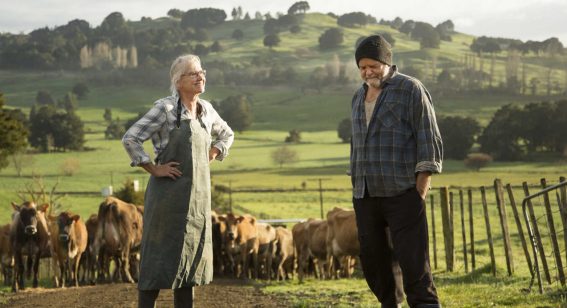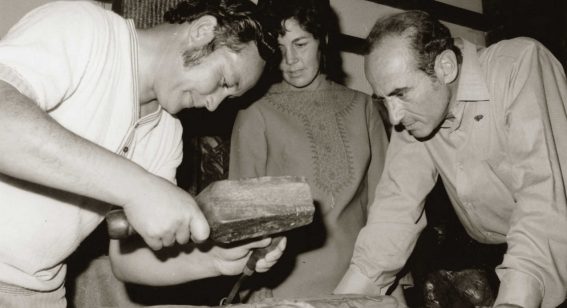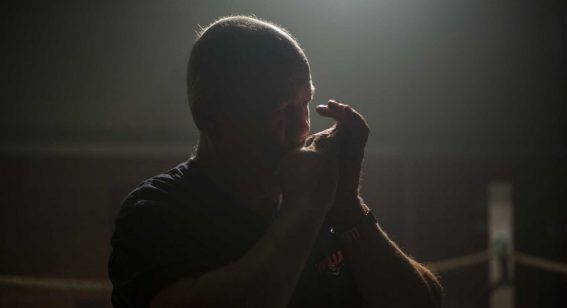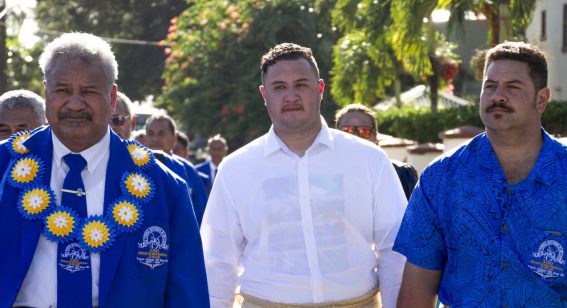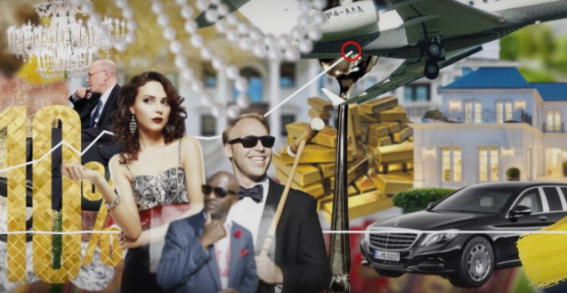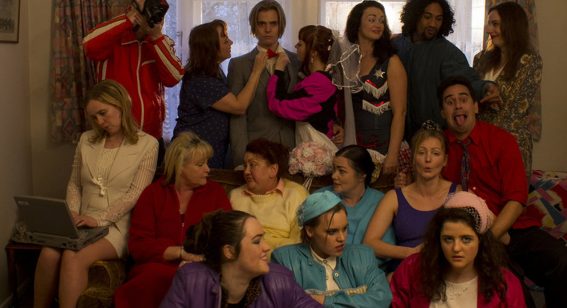Director of NZIFF doco Helen Kelly: Together tells us about this incredible Kiwi
Tony Sutorius on the brave, kind and generous Helen Kelly.
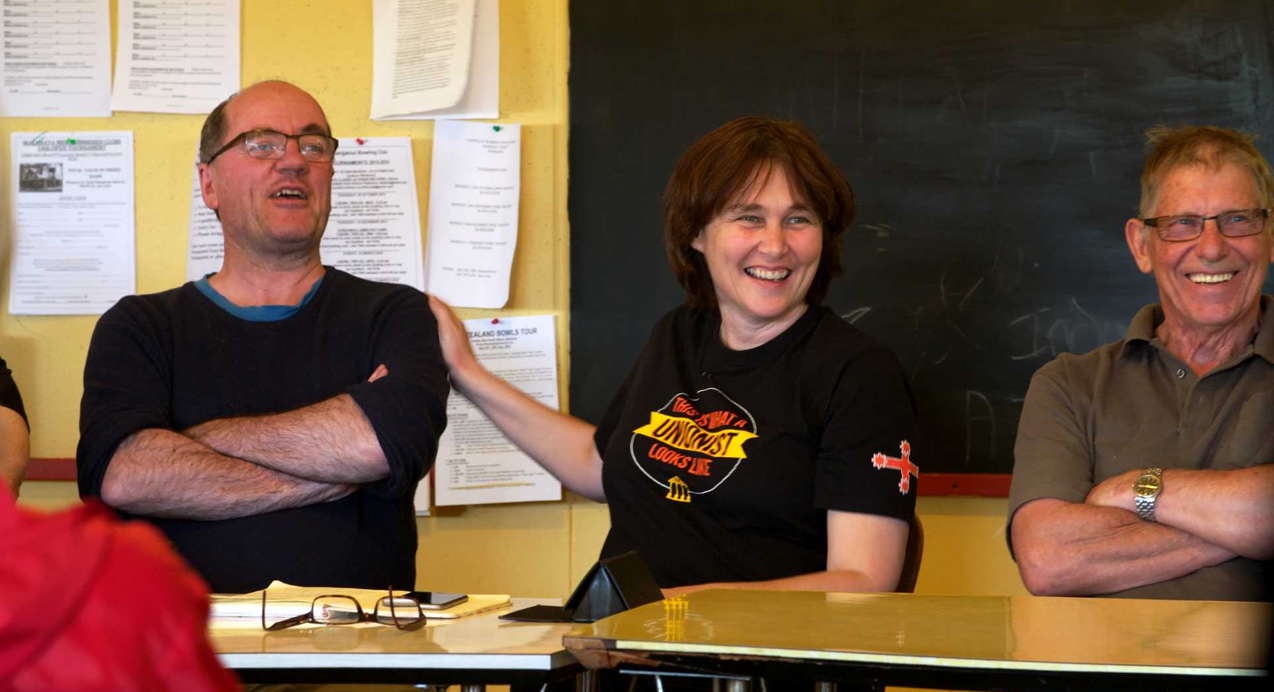
Playing as part of this year’s New Zealand International Film Festival, Helen Kelly: Together tells the story of a woman whose advocacy and generosity changed the lives of countless Kiwis. In her final year, director Tony Sutorius was granted access to Kelly’s life.
We asked Sutorius eight easy questions about his film.
Describe your film in EXACTLY eight words.
Helen Kelly’s last year fighting injustice, with love.
When did you first become aware of Helen Kelly, and when did you meet her?
I met Helen as a very young filmmaker back in the early 1990s when I filmed an interview Alistair Barry did with her for his famous documentary Someone Else’s Country.
How would you describe Kelly to someone that had never met her?
What many of us New Zealanders like to flatter ourselves we are like, Helen actually was… equally open to the humanity of everyone she met, brave about speaking her truth regardless of whether anyone else agreed, always prepared to stand up for her mates, kind and generous. A deeply authentic person.
How important was the making of this film to her, once she received a terminal medical diagnosis?
We agreed to make the film after her diagnosis, actually on her first morning after leaving her job as President of the CTU. At that time it really wasn’t clear what she would do, or how long she might live, or whether making the film would continue to seem like a good idea—we just set off.
Helen was approached later by many other journalists and filmmakers about “legacy” pieces and seemed a bit allergic to the whole concept; she wasn’t in denial, but I think just didn’t want to spend her time in that self-conscious, backwards-looking headspace too much… there was still so much work happening in the present tense.
I think having me around to focus on the ongoing work meant she could say no to more navel-gazing than she had patience for at the time.
It wasn’t always easy for Helen or her family having a camera around, yet she saw the value and remained open to it all the way into the hospice stage of her illness. I will always be profoundly grateful to the Kelly whānau for allowing this to happen.
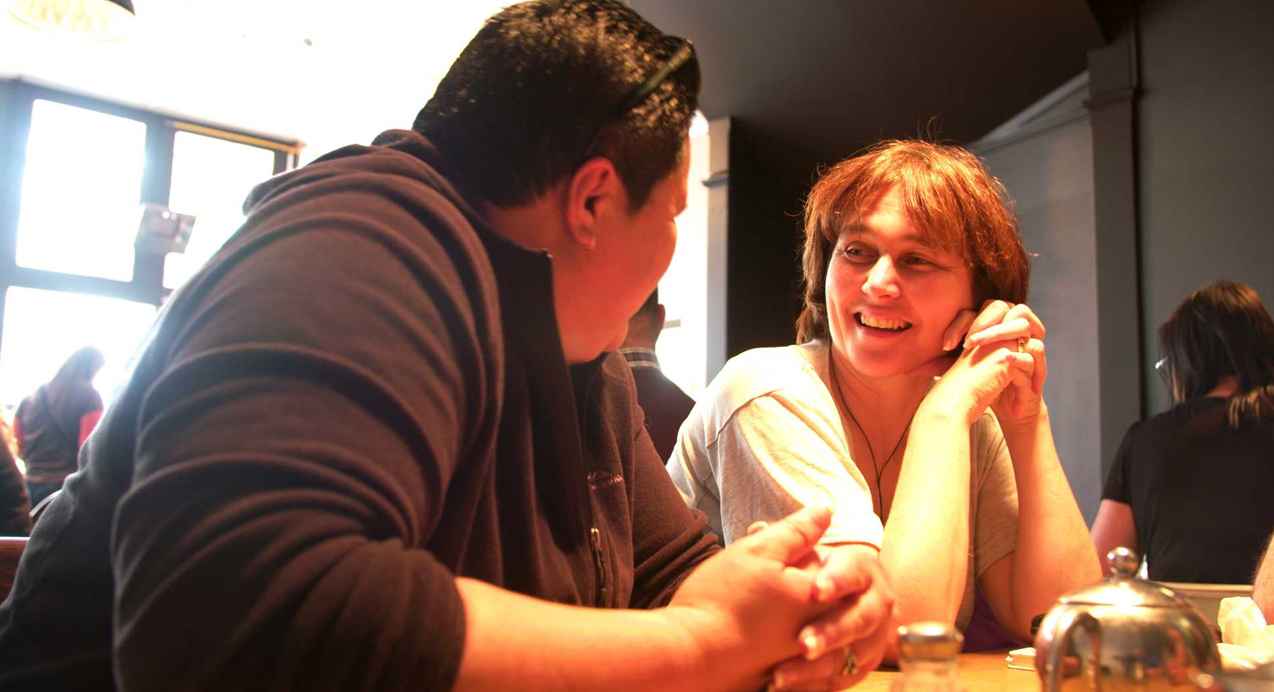
The sense of responsibility in conveying Kelly’s legacy must have been massive. Did you feel this pressure, and how did you manage it?
It can be quite paralysing as a filmmaker to focus too much on the potential importance of work you’re doing—it’s essential to just stay calm and respond to what’s in front of you, hopefully with simple humanity and authenticity.
A strong focus for me in the very long edit process of this film has been to work hard on staying connected to Helen as a person. There’s no ignoring the huge cultural and political ideas that her work evokes, but first and foremost this is a film about one woman and the way she chose to be in the world.
More than anything I just felt really lucky to get to hang out with her and get to know her better. I know many people wished they could have done the same.
Even though you knew she would pass away, did your relationship during filming make it emotionally difficult to work on completing it?
Oh of course, very difficult. Helen became a good friend, and having to spend much of the last two years in the edit suite watching her get sick and die over and over has been painful.
But when I speak with other people from the film I realise I’ve also got to spend this time hanging out with her, and that’s been a real gift. You know that dreadfully sad part of grief where you start losing certainty about the sound of someone’s voice, or the things they’d laugh at? I haven’t had that with Helen yet.
For both yourself and Kelly, what were the most important things for the film to convey?
Helen really wanted to emphasise her work and I think to do this last thing to help the people she gave so much of her life to find a measure of justice and resolution.
For me, hmm… if I could express it as strongly with words I would love to, it’d be so much less work! Please see the film, and just feel it. We have some important questions to ask ourselves as a culture and as a country.
What similarities do you see between Kelly’s union work and her unfortunate role as a medical cannabis advocate?
They seemed the same to me, and not “unfortunate”. Helen used cannabis and found it helped her considerably to feel well and stay productive. As an amusingly conservative soul in some ways she didn’t really like taking it illegally, and soon became aware of other people having trouble getting hold of it. She wanted to help them, so as best she could, she did.
It was interesting to see the gigantic enthusiasm with which many in the media leapt at this issue compared with her numerous other causes… the horrendous number of deaths in our forestry industry, say. Interesting to ponder why this seems to excite many journalists so much more.






